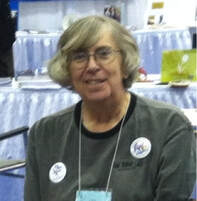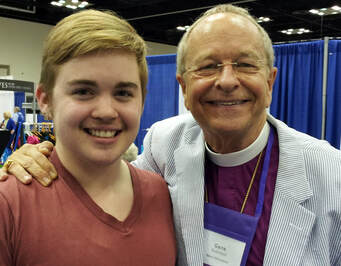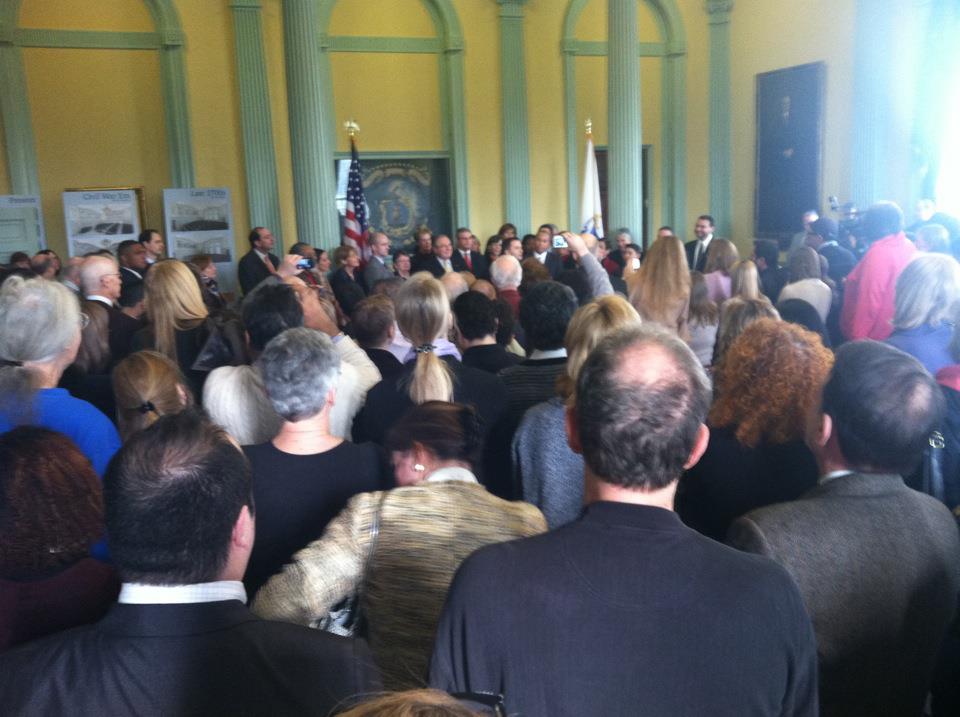I have been going to the reading of the names and secular spaces to reflect on trans identities and our hopes since I came out in 2012.Two years back, I considered a requiem mass for the the dead at the Cathedral Church of St. Paul, Des Moines, where I worship. But I was concerned about how to reach out to the community and bring people in. I advertized an interfaith prayer service in our chapel that year, and a group of six faithful people came together, read names, and reflected on these lost lives. But the service still felt incomplete to me. I had to admit that what I desired, what I longed for, was communion.
Fast forward to 2018. My friend Lizzie has just become the coordinator of our diocesan young adult ministry, Breaking Bread, a ministry we helped co-found along with our friend Lydia. Breaking Bread focuses on radical hospitality and celebrating the Eucharist outside of parish walls. We met together to talk about her new role and how we might do things differently. We examined the November calendar and I brought up the sacred day of TDOR. Her eyes lit up. Yes. Where to have it? Where else but the gay bar, a natural community gathering space. Could we partner with others? Of course. The Downtown Disciples seemed a natural group for us us to team up with. This Disciples of Christ congregation had a rainbow flag chalice as their symbol and two of their members were also involved in the ministries of our diocese. Their pastor, Debbie Griffin, was up for anything. So we dreamed together. We prayed. Lizzie got in touch with The Garden Nightclub and set it up for us to use the space. My bishop, Alan Scarfe, was free that night and desired to preside at the table. I developed the liturgy, adapting from our own liturgies in The Book of Common Prayer.
Finally the day came. We were in a cozy seating area of the nightclub, and we set up two chalices, wine and grape juice, and our two patens, homemade gluten-free bread I had baked the night before with my friend Kaitlin, a Disciples pastor. Pizza was set on tables to the side. Four of us read the names, my heart breaking as we went through the pages and pages of people. I left the phrase “unknown name” on the page, and as we read those, we naturally began changing up how we shared them, “Beloved Child of God”, “Name known only to the Divine”, “Name unknown, but forever loved”. We shared a moment of silence. We ate.
Then we began our liturgy. It was one of the holiest moments in my life.We sang together, Pastor Debbie prayed. I shared a reflection on Rachel weeping for her children. “She shall not be comforted, for they are no more.” We had more silence. Then we began the Eucharistic prayer. Watching my bishop preside, using the words I had adapted for the day, seeing the bread and cups become the body and blood of Christ, the holy food for God’s holy people, holding the chalice and declaring “The blood of Christ, the cup of salvation” to transgender, nonbinary, and cisgender people who cared deeply about our community was everything I needed. As the community continued conversing and slowly filtered out the door, sharing the moment and enjoying each other’s company, I knew it was everything they needed too.
Afterward my bishop came up to me and stated, “We should have more liturgies here.” To which I replied, “Amen.”





 RSS Feed
RSS Feed